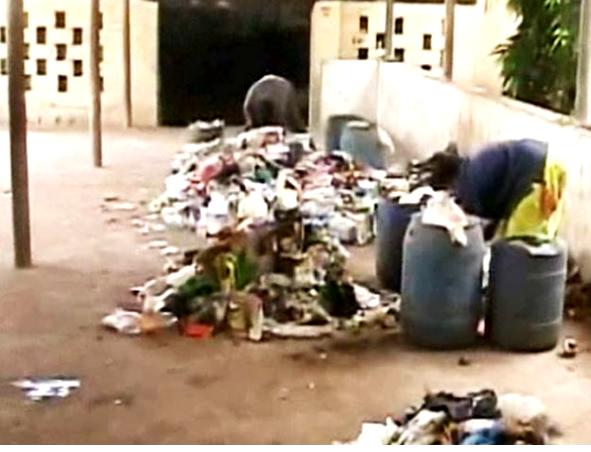
As per UNICEF and WHO estimates more than 2.4 million children in India below the age of five die due to improper sanitation. Gastroenteritis, dysentery, rota virus, cholera, hepatitis A and E, Typhoid have been directly linked to lack of cleanliness and sanitation, while diseases like dengue, chikunguniya, and malaria etc which are due to insects are indirectly linked to sanitation. Encephalitis is another disease which has claimed around 25000 lives of children in the last forty years in India. In this year itself 114 deaths due to encephalitis have been reported in Gorakhpur in eastern Uttar Pradesh. The disease is caused by the bites of the Culex mosquito which breeds in filthy surroundings and poor sanitation.
In view of the above, it is imperative for India to adopt the Swachh Bharat Abhiyan and make it a success, to prevent further deterioration in sanitation, poor healthcare and further deaths of children.
Swachh Bharat abhiyan was launched on 2nd October 2014 by the Prime Minister, Shri. Narendra Modi as a national movement to achieve the vision of a Clean India by 2nd October 2019 as a tribute to Mahatma Gandhi, on his 150th birth anniversary.
Objectives of Swachh Bharat Abhiyan
1) Construction of Individual, cluster and community toilets.
2) Elimination of Open Defecation
3) 100% collection, scientific processing and disposal of waste.
Progress Report of Swachh Bharat Abhiyan
The Government in the latest progress report has claimed that total sanitation coverage has increased to 64.18 % up to July 2017, around 4.3 crore toilets have been built from a target of11.1 crore toilets by 2019, the states of Kerala, Sikkim, Himachal Pradesh, rural Haryana, and rural Uttarakhand have become Open defecation free (target of 100% ODF by 2019)
However, the program is lagging behind in providing clean drinking water to remote rural areas and collection, processing and disposal of solid waste, which is very important for the success of the Swachh Bharat Abhiyan. Currently a handful of cities in the south have achieved 100% solid waste management, with Mysuru topping the list. Sadly the northern states are lagging behind in the implementation of collection, processing and disposal of solid waste management program. Reasons being non co operation and corruption inherent in the local municipal corporations and Health/Sanitation bodies, who stand to gain nothing by implementing the program. The public also do not seem to care enough to complain to the authorities about the disposal of garbage dumped on road corners and open spaces and restrict themselves to keeping their own houses clean. In many cities even segregation of waste is not being done and the work of collection of garbage has been outsourced to private contractors by the municipal corporations who even when given segregated waste by the residents mix everything into a single garbage collection bag and dump it into the roadside garbage bin.
If the Swachh Bharat Abhiyan has to succeed and meet its deadline of 02nd October 2019, it is high time the State Governments and the Centre start taking serious steps to implement segregation of waste, door to door collection of the segregated waste and final disposal by scientific processing on a war footing.
However, a permanent solution to a ‘Clean India’ can come about only when following steps are taken.
1) Ban on manufacture of plastic bags
2) Ban on manufacture of all forms of tobacco products
3) Banning and closing down all industries which flush their effluents into the rivers, canals and drains.
4) Implement and make stricter laws with penalties against littering, spitting, and defecating in public places.
S.G.B.Rao
LSW Lifescienceworld
www.lswlifescienceworld.com